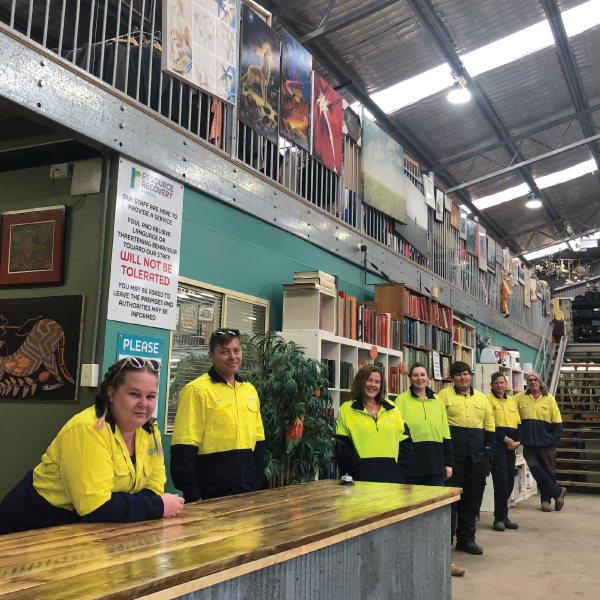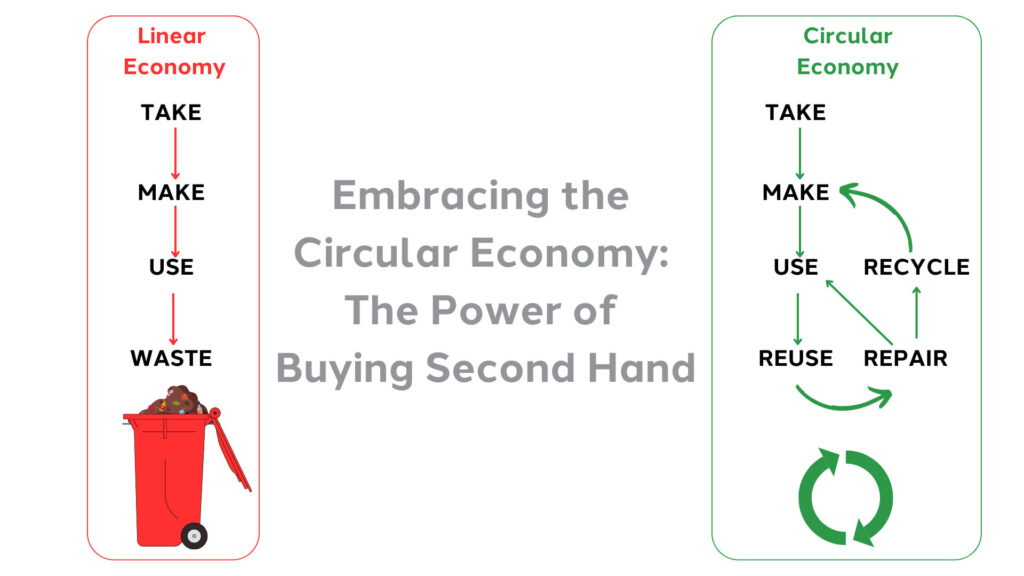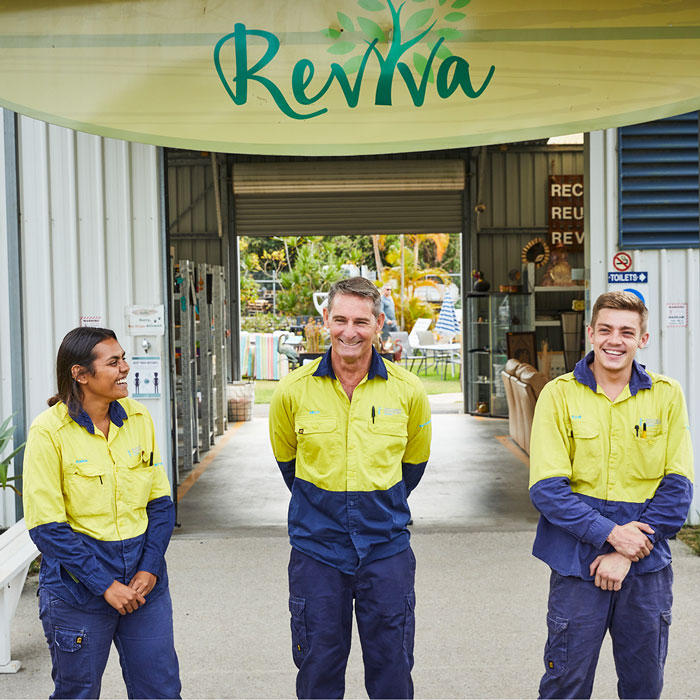Welcome to Reviva, we’re reuse shops, and we sit at the centre of a thriving circular economy.
But you’re probably wondering what that means? What is a circular economy and why does it matter?
A circular economy aims to keep resources or items in use for as long as possible. There’s very little waste.
By embracing the principles of reusing, fixing, and recycling, we can collectively make a lasting positive impact on our environment, conserve valuable resources, and reduce waste. So, let’s delve into the wonders of the circular economy and why it matters.
Understanding the Circular Economy
In contrast to the linear “take, make, waste” model that dominates our current society, the circular economy strives to extend the lifespan of resources and items as much as possible. By minimising waste and maximising the lifespan of goods and resourcees, this alternative approach offers a sustainable solution to the problems caused by our current methods of production and consumption.
Why Does the Circular Economy Matter?
Our current way of doing things poses numerous challenges. The relentless consumption of resources not only depletes them but also harms our environment. Excessive waste generation further exacerbates the issue. The circular economy offers a fix to these problems by presenting a more mindful and responsible way of living.
The Principles of Circularity:
1. Rethinking: The first step toward embracing the circular economy is questioning our purchasing habits. Do we truly need the items we buy, or can we find alternatives or repurpose what we already have? By practicing conscious consumption, we can significantly reduce the demand for new products and minimise waste.
2. Repairing and Maintaining: Making things last as long as possible is a cornerstone of the circular economy. By opting to repair and maintain our belongings, we extend their lifespan and reduce the need for replacements. This mindset not only saves resources but also encourages a shift away from the throwaway culture that prevails today.
3. Buying Second Hand: Purchasing pre-loved items is an excellent way to support circularity. When we choose second-hand goods, we give them a new lease on life, diverting them from the landfill. This action reduces waste and contributes to a more sustainable and environmentally conscious economy.
4. Thoughtful Disposal: When it comes time to part with our belongings, we can make a positive impact by opting for reuse and donation before considering recycling. By finding new homes for our items, we ensure that their lifespan is extended, preventing them from becoming waste before it is necessary.
Every little bit helps
Every small action has the potential to create significant change. By buying second-hand and supporting the circular economy, you play an active role in protecting the environment, boosting the economy, and enhancing the well-being of your community. Each time you choose second-hand goods, you contribute to a more sustainable world for present and future generations.
Thanks for buying second hand and supporting the circular economy and Reviva Reuse Shops. By rethinking our consumption patterns, valuing repair and reuse, and embracing second-hand purchases, we can make a tangible difference in creating a more sustainable future. Together, let’s continue to support the circular economy, driving positive change and fostering a better world for all.
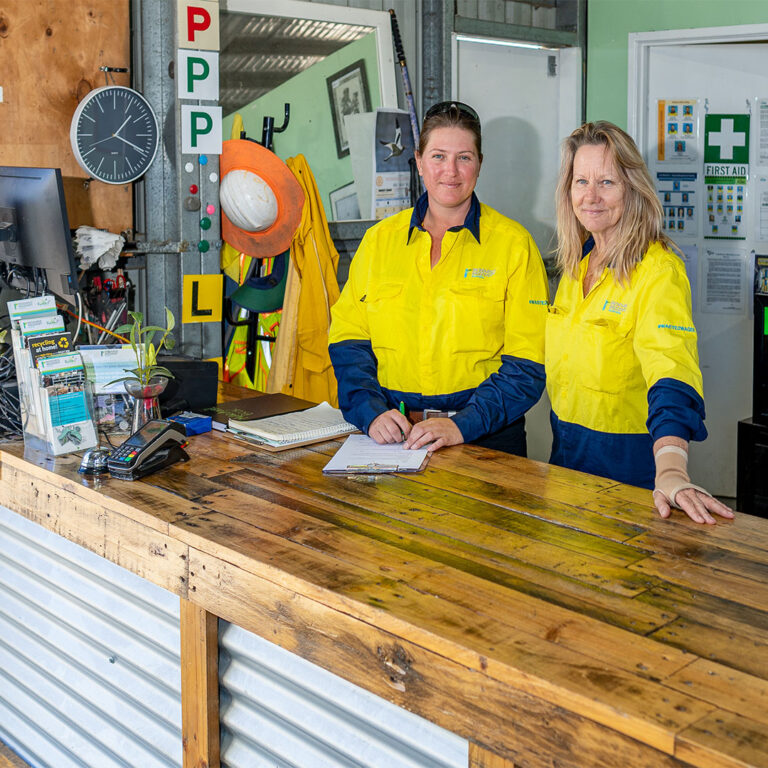
Reviva Ibis Rockhampton
Address
Reviva Ibis Reuse Shop
Dean St, The Common QLD 4701
Phone
(07) 5391 3859
Opening Hours
Friday to Sunday
8am – 4pm
Closed Good Friday and Christmas Day
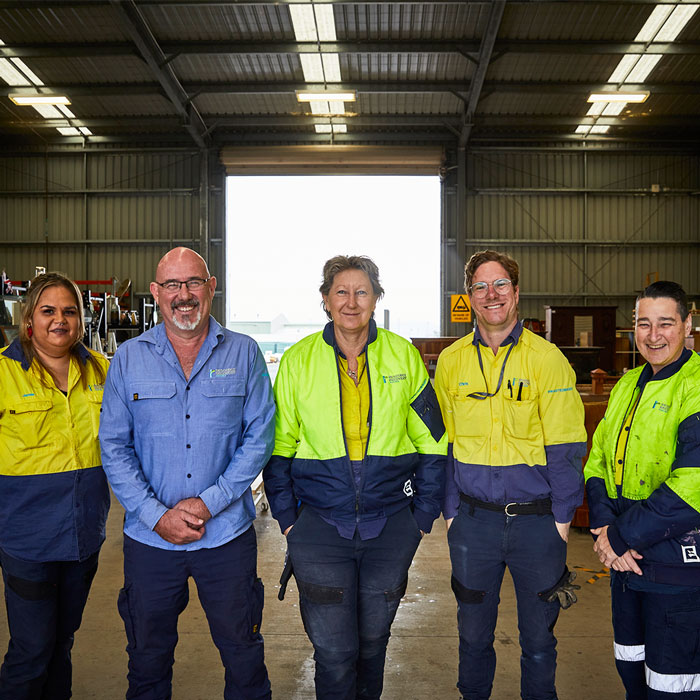
Reviva Toowoomba
Address
Reviva Toowoomba Reuse Shop (Wellcamp)
270 O’Mara Road
Wellcamp QLD 4350
Phone
07 4688 6290
Opening Hours
Thursday to Sunday
9am – 4pm
Closed Good Friday and Christmas Day
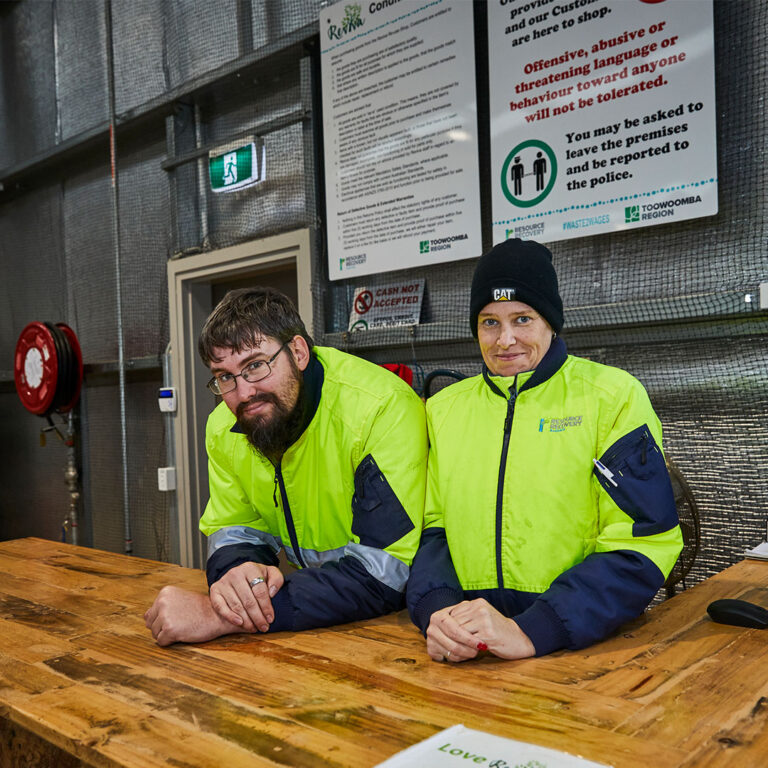
Reviva Kleinton
Address
Reviva Kleinton Reuse Shop
210 Kleinton School Road,
Kleinton Qld 4352
Phone
07 4688 6506
Opening Hours
Friday to Sunday
10am – 4pm
Closed Good Friday and Christmas Day
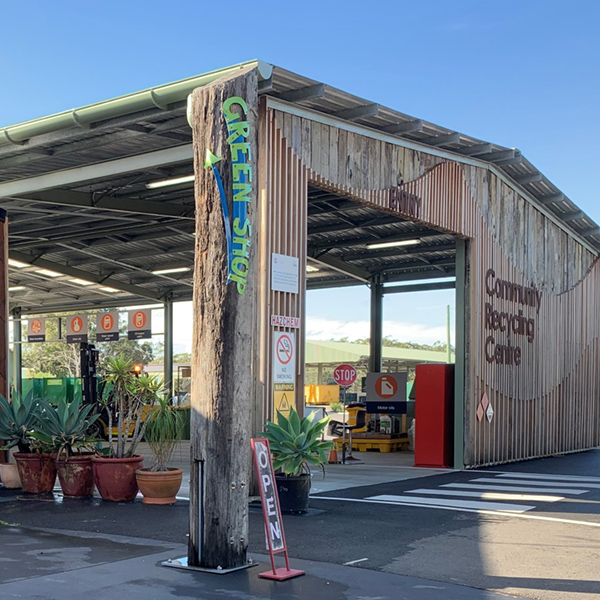
Reviva Tuncurry
Address
Reviva Tuncurry Reuse Shop
Midge Orchid Road (Tip Road)
Tuncurry NSW 2428
Phone
02 6554 9471
Opening Hours (effective 1 June 2021)
9am to 3pm, Wednesday to Sunday
(closed Good Friday & Christmas Day)
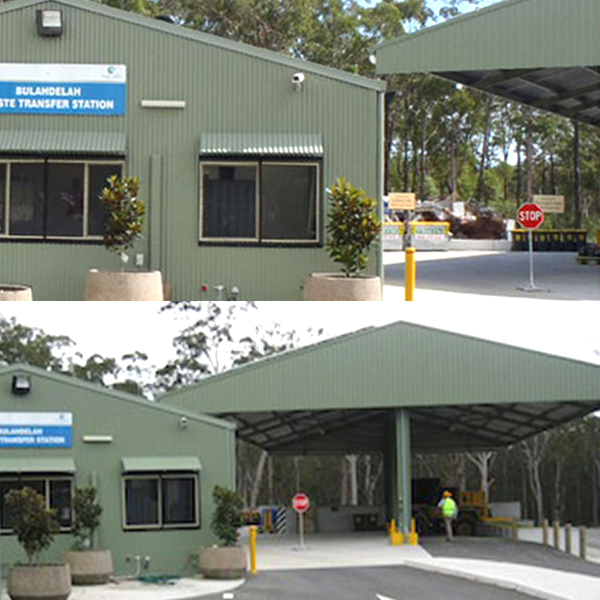
Reviva Bulahdelah
Address
Recovery Road
Bulahdelah NSW 2423
Phone
02 4997 4515
Opening Hours
1pm to 5pm, Tues
12pm to 4pm, Fri
10am to 2pm, Sun
(closed Good Friday & Christmas Day)
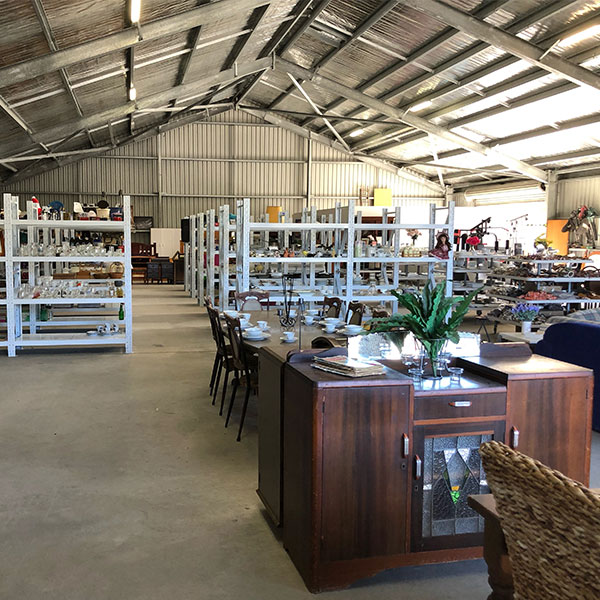
Reviva Tea Gardens
Address
Winta Road
Tea Gardens NSW 2324
Phone
02 4997 2287
Opening Hours
12pm to 4pm, Sun & Wed
8am to 12pm, Thur & Fri
(closed Good Friday & Christmas Day)

Reviva Taree
Address
Bucketts Way,
Tinonee NSW 2430
Phone
(02) 6551 5266
Opening Hours
Wednesday to Sunday
9am – 3pm
Closed Good Friday and Christmas Day
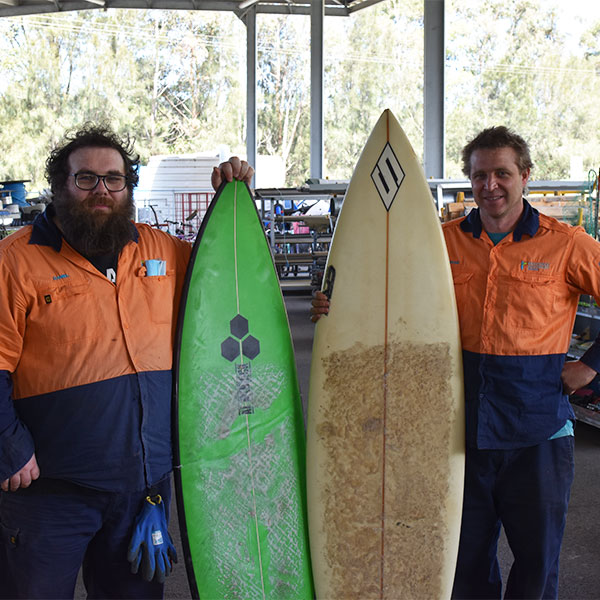
Reviva Dunmore
Address
Reviva Dunmore Reuse Shop
44 Buckleys Road
Dunmore NSW 2529
Phone
02 4237 5193
Opening Hours
7.30am to 4pm, Mon – Fri
8am to 4pm, Sat – Sun
(closed Good Friday & Christmas Day)
ALSO AT THE DUNMORE DEPOT IS THE TINKERAGE WORKSHOP SPACE
